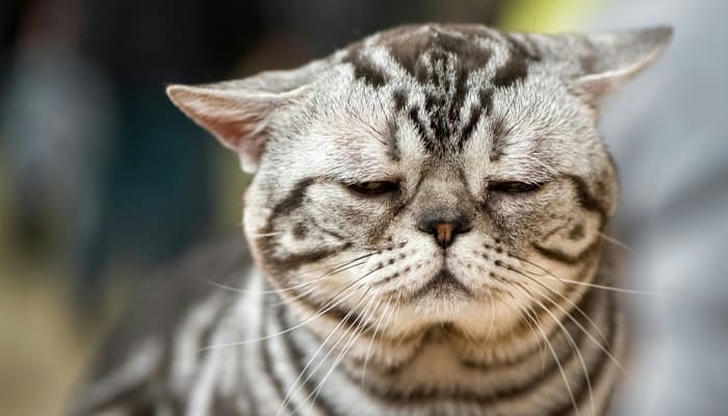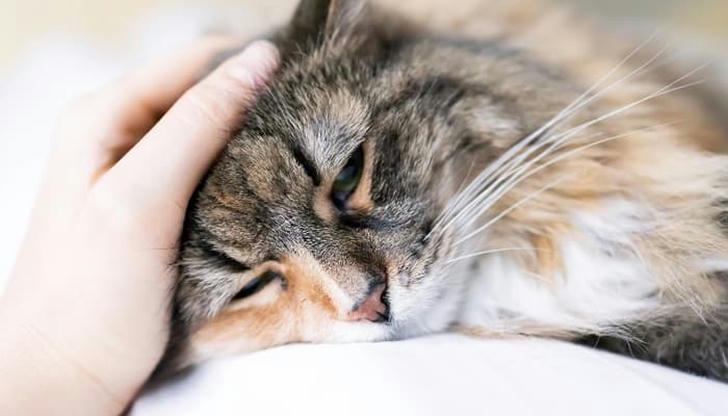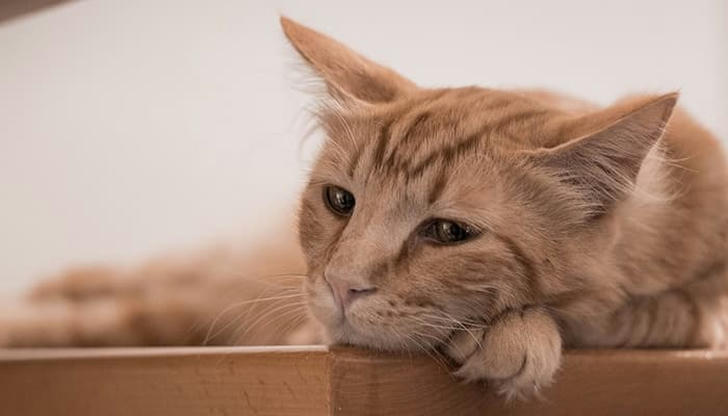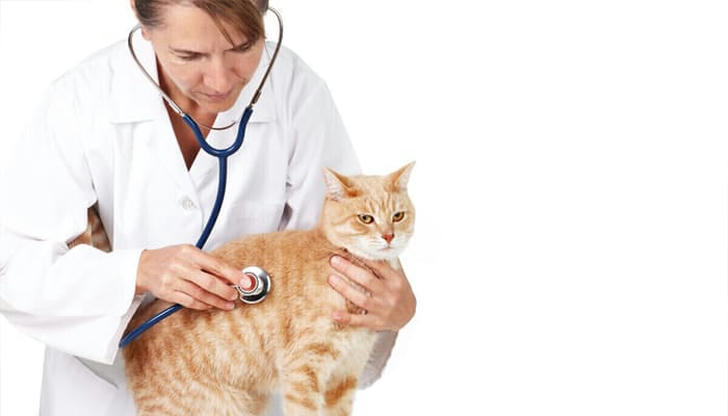How to Tell if Your Cat Is Depressed: 9 Vet-Reviewed Signs to Look For

Most people think of cats as cool, independent creatures that don't need much to stay happy. But here's a little-known fact: cats can experience depression, and it's often easy to miss. Unlike dogs, who might show their emotions in obvious ways, cats are masters of subtlety. That means your furry friend could be feeling down without you realizing it.
The good news? If you know what to look for, you can spot the early signs and help your cat bounce back. Here's what veterinarians say you should keep an eye on.

Why Do Cats Get Depressed?
Before we jump into the signs, let's talk about why it happens. Just like humans, cats are emotional creatures, and big changes in their world can trigger sadness. Some common reasons include:
- Loss of a companion: Family member or another pet passing away
- Major life changes: Moving, new baby, rearranging furniture
- Lack of stimulation: Indoor cats need mental/physical engagement
- Chronic illness or pain: Health issues often affect mood
Remember: cat depression isn't your fault---but you can help your pet feel better.

9 Vet-Reviewed Signs Your Cat Might Be Depressed
So, how do you know if your cat is feeling blue? Watch for these subtle (and not-so-subtle) signs.
1. Loss of Appetite or Sudden Eating Changes
If your cat starts leaving food or seems uninterested in treats, pay attention. A sudden drop in appetite can mean stress, depression, or sickness. If this continues more than 1-2 days, call your vet.
2. Sleeping More Than Usual (Even for a Cat)
Cats nap up to 16 hours daily, but if glued to bed and no longer perking up for activities, that's a red flag. Depression can make cats extra lethargic.
3. Hiding or Avoiding Interaction
Every cat loves alone time, but if your social kitty spends all day under the bed, something's off. Hiding for hours/days can mean anxiety, fear, or depression.
4. Lack of Grooming (Coat Looks Messy or Greasy)
Cats are usually neat freaks. If their coat looks dull, greasy, or tangled, they may have stopped grooming. This often points to emotional distress or pain.
5. Excessive Grooming or Overgrooming
Some cats cope with stress by grooming too much. Bald spots or irritated skin might indicate using grooming as comfort behavior.
6. Loss of Interest in Play or Favorite Toys
A depressed cat often loses interest in activities they once loved---chasing feather wands, pouncing on toy mice. If no longer cares about playtime, investigate why.
7. Unusual Vocalization (More or Less Than Normal)
Major shifts in vocal patterns can be a clue. Some meow less when sad, others become extra vocal---like crying out for attention.
8. Aggression or Sudden Behavior Changes
If your sweet kitty starts swatting, hissing, or biting, aggression can signal fear, stress, or depression---especially if out of nowhere.
9. Changes in Litter Box Habits
If litter-trained cat starts peeing outside the box, don't assume they're being "bad." Stress and depression can disrupt routines. Rule out medical issues first.

What to Do If You Notice These Signs
If you've noticed one or more behaviors, don't panic---but don't ignore them:
1. Schedule a Vet Visit
First, rule out medical problems. Kidney disease or arthritis can mimic depression symptoms.
2. Enrich Their Environment
Cats need stimulation. Add scratching posts, puzzle feeders, interactive toys. Even a window perch makes a big difference.
3. Stick to a Routine
Cats thrive on predictability. Keep feeding, playtime, and bedtime consistent. Schedule changes can worsen depression.
4. Give Extra Attention (But on Their Terms)
Spend quality time---gentle petting, brushing, or sitting near them. Let your cat set the pace. Forcing interaction can backfire.
5. Consider Professional Help
If no improvement, talk to your vet about a behaviorist or, in rare cases, medication.
Final Thoughts
Depression in cats is real, and not something to shrug off. With patience, love, and small changes, most cats bounce back beautifully. If you see any signs, act early. Your cat may not speak your language, but their behavior is a message---and it's up to us to listen.
Your cat deserves a happy, purr-filled life. Keep an eye out for these signs---and don't hesitate to get help if needed.
